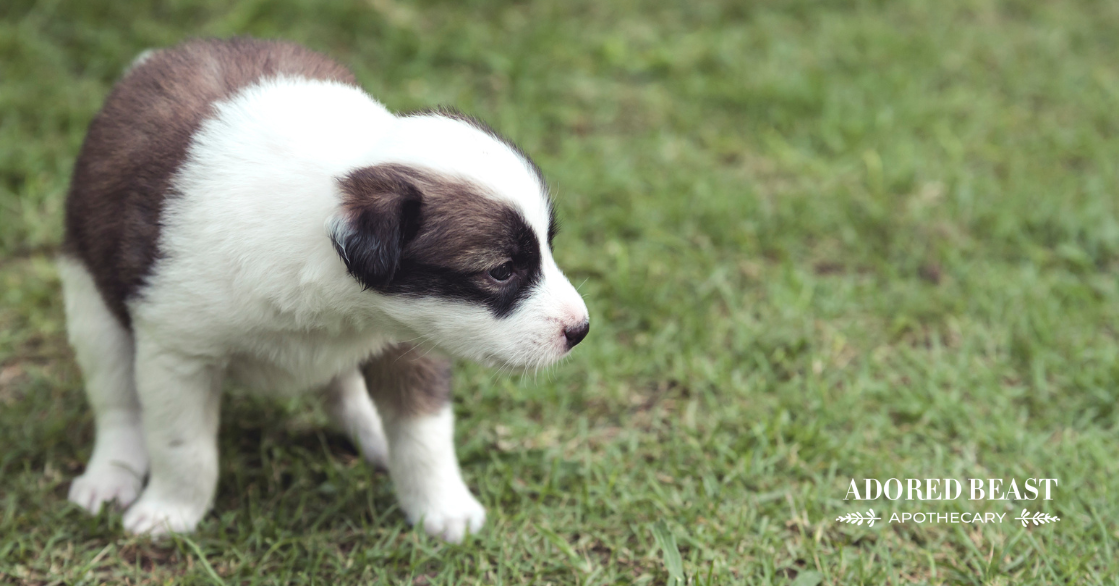We love bees. As pollinators, they are part of a complex, interconnected ecosystem that allow a diverse number of different species to co-exist: trees, flowers, and other plants, which serve as food and shelter for creatures large and small.
But… sometimes they (and wasps too) can be not so nice for our animals. Especially when we have curious dogs who chase after them or try to eat them.
If your dog got stung by a bee, what are the next steps you should take? Here’s the buzzzz…
What to do if Your Dog Got Stung by a Bee or Wasp
Sometimes you’ll know your dog got stung by a bee or wasp because you see it happen. Other times, you’ll only see the evidence after the fact… when their face or paws or nose start to swell up.
In either case, you need to pay attention. For some dogs, bee or wasp stings are simple, and a little TLC will see your dog no worse for wear relatively quickly.
However, sometimes sings are more serious.
We’ve covered both here, just in case!
1. A Simple Sting
If you notice minimal swelling, but no other real symptoms, it may just be a simple sting (or a simple reaction).
Start by checking if the stinger is still stuck in your dog’s skin. If it is, you want to gently remove it. Tweezers are a fast bet, but you can also use your fingernail to gently scrape it out.
Here are a few things you can do to reduce any swelling and discomfort (but still keep an eye on your pup for the hours following, just to be sure):
- Ice the area with an ice pack or even some frozen veggies. Be sure to put a layer in between the ice pack and your dog’s skin. Hold it there for 5-10 minutes.
- Mix some baking soda and water together to make a paste to help lessen the sting. Leave the mixture on for a few minutes and then rinse it off. Try not to let your pup lick it off so it can work its magic.
- Homeopathic remedies ledum and apis mellifica are both good to reach for for bee or wasp stings. Give 2-3 pellets of one remedy right away, then repeat it again in 15 minutes. If you notice an improvement, great. If there’s no change in 30 minutes, try the other one.
- Spray some Skin HEALth Spray on the site of the sting. It’s a natural topical spray, perfect for insect bites!
2. A Serious Sting
Just as with humans, some dogs are allergic to bee/wasp stings, and unfortunately, the reaction can be just as serious. For example, if your dog got stung by a bee or wasp in the mouth or throat, the area could swell up and block their breathing. This is an emergency, and necessitates a visit to the vet as soon as possible.
Watch for any of these symptoms in the hours after a sting (it can take minutes to hours for a reaction to occur):
- Serious swelling around the face and neck, especially if it increases dramatically in the minutes after the sting
- Difficulty breathing
- Difficulty swallowing
- Dizziness
- Lethargy
- Weakness/collapsing
- Seizures
- Vomiting or diarrhea
If you see any of these, call your vet right away and give homeopathic aconite and arnica right away.
Bees are beautiful (wasps perhaps a teeny bit less so), but when they sting our adored beasts, we don’t like them as much. If your dog got stung by a bee or wasp, pay attention and provide a little TLC.












